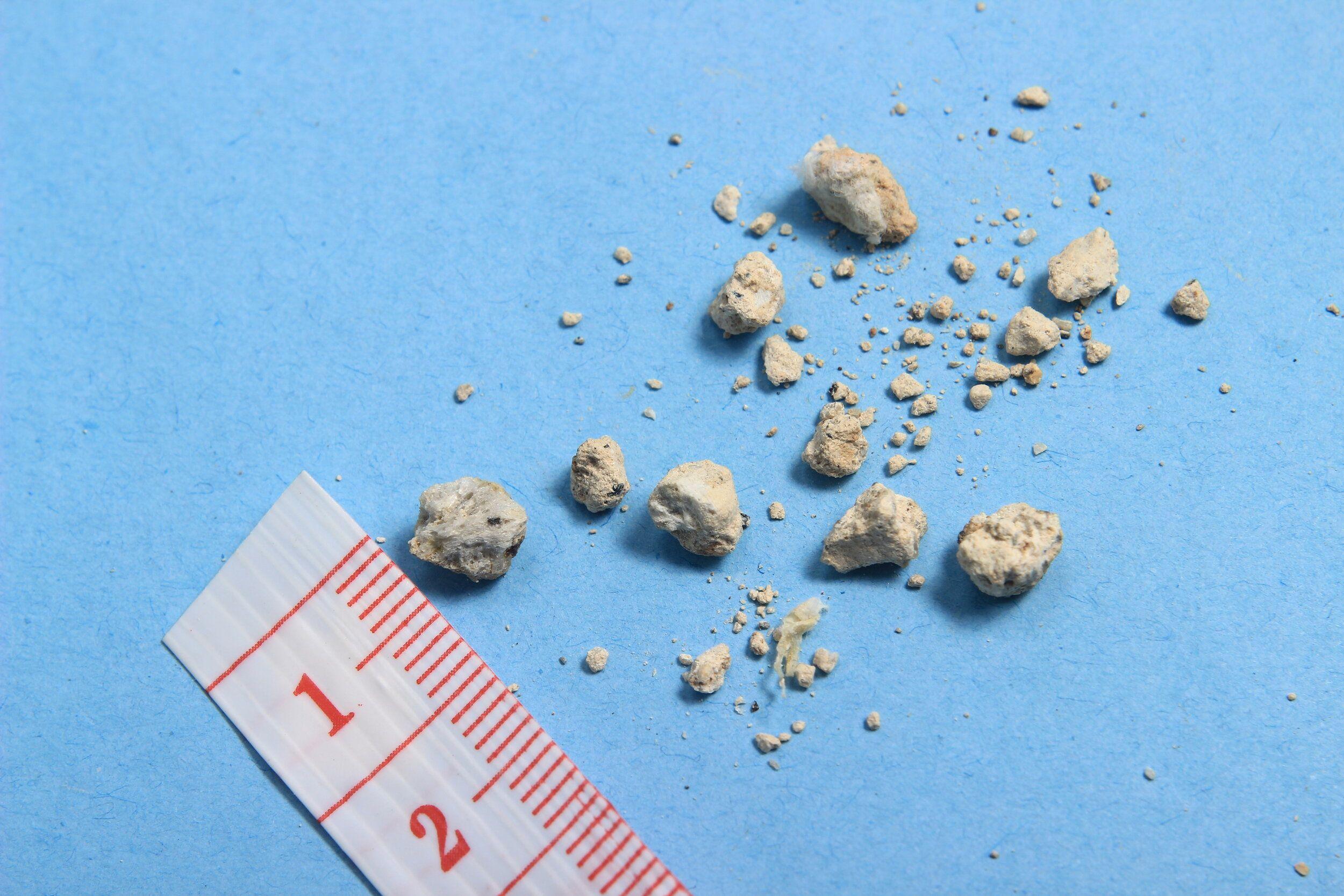
August 2, 2021
One in ten Americans will develop a kidney stone at some point in their lifetime. Kidney stones are hardened mineral deposits that travel throughout your urinary system until they eventually leave your body through your urinary tract. They can be incredibly painful and inconvenient to deal with, as kidney stones are known to cause a lot of discomfort as they pass through your urinary system. Fortunately, you can take some preventative measures to avoid having to deal with uncomfortable kidney stones. At Athens Area Urology, we prioritize your health. That’s why we’ve listed five of the best ways to help prevent kidney stones so that you can maintain a healthy urinary system.
-
Stay Hydrated - The number one factor contributing to the development of kidney stones is a lack of proper hydration. Try to drink at least twelve glasses of water a day or finish a 64-ounce water bottle. This will help stop waste from accumulating in your urinary system, preventing minerals from becoming too concentrated and turning into kidney stones. Dark urine indicates that you are not drinking enough water; check the color of your urine often to make sure it’s a pale yellow or clear color, meaning that you’re hydrated. Limiting coffee, tea, and soda consumption can also help reduce the likelihood of kidney stones.
-
Talk to Your Urologist about Calcium - Calcium is a tricky mineral when it comes to kidney stones. The most common types of kidney stones are caused by calcium and oxalate combining in your urinary system. It might sound like cutting down on calcium is a solution to kidney stones. However, a lack of calcium in your diet can actually increase your risk of mineral concentrations. You should talk to your urologist about your calcium intake and discuss the use of supplements. In the meantime, aim to eat foods that are rich in calcium.
-
Vary Your Diet - Consuming lots of oxalates and protein-rich foods can increase your risk of forming mineral deposits. Such foods include animal meat, beets, rhubarb, and okra. A balanced diet is essential for a healthy urinary system, so it’s important that you eat a varied diet with a mix of fruits, vegetables low in oxalate, and non-animal-based proteins. You don’t have to change your diet and avoid animal protein altogether, but it’s a good idea to cut down on your meat consumption and stay on top of eating well. Talk to your doctor about any dietary changes you want to make and ask what foods are recommended for combatting kidney stones.
-
Monitor Your Weight - Your urinary health is only as good as your overall health. When it comes to preventing kidney stones, it’s crucial to monitor and consider your weight. Overweight and obese patients are more likely to develop kidney stones, as obesity can change the balance of acid in your kidneys. This can lead to higher uric acid levels, which can cause mineral deposits to form and create kidney stones. You can take preventative measures by talking with your doctor about healthily losing weight.
-
Reduce Salt Intake - Frequently, we’re all guilty of consuming too much sodium. Diets consisting of high sodium intake can increase the amount of calcium in your urine, causing kidney stones to form. Try to consume less than 2,300 mg of sodium per day. If you have risk factors or other health concerns such as high blood pressure, talk to your doctor about reducing your sodium intake. They may set a lower daily sodium limit depending on other factors of your health.
Kidney stones are painful and difficult to pass. If you are struggling with kidney stones, or want to learn more about preventing them, book an appointment with us at Athens Area Urology. You can find more resources and learn about the services we offer on our website.
- Athens Area Urology
- Patients & Visitors